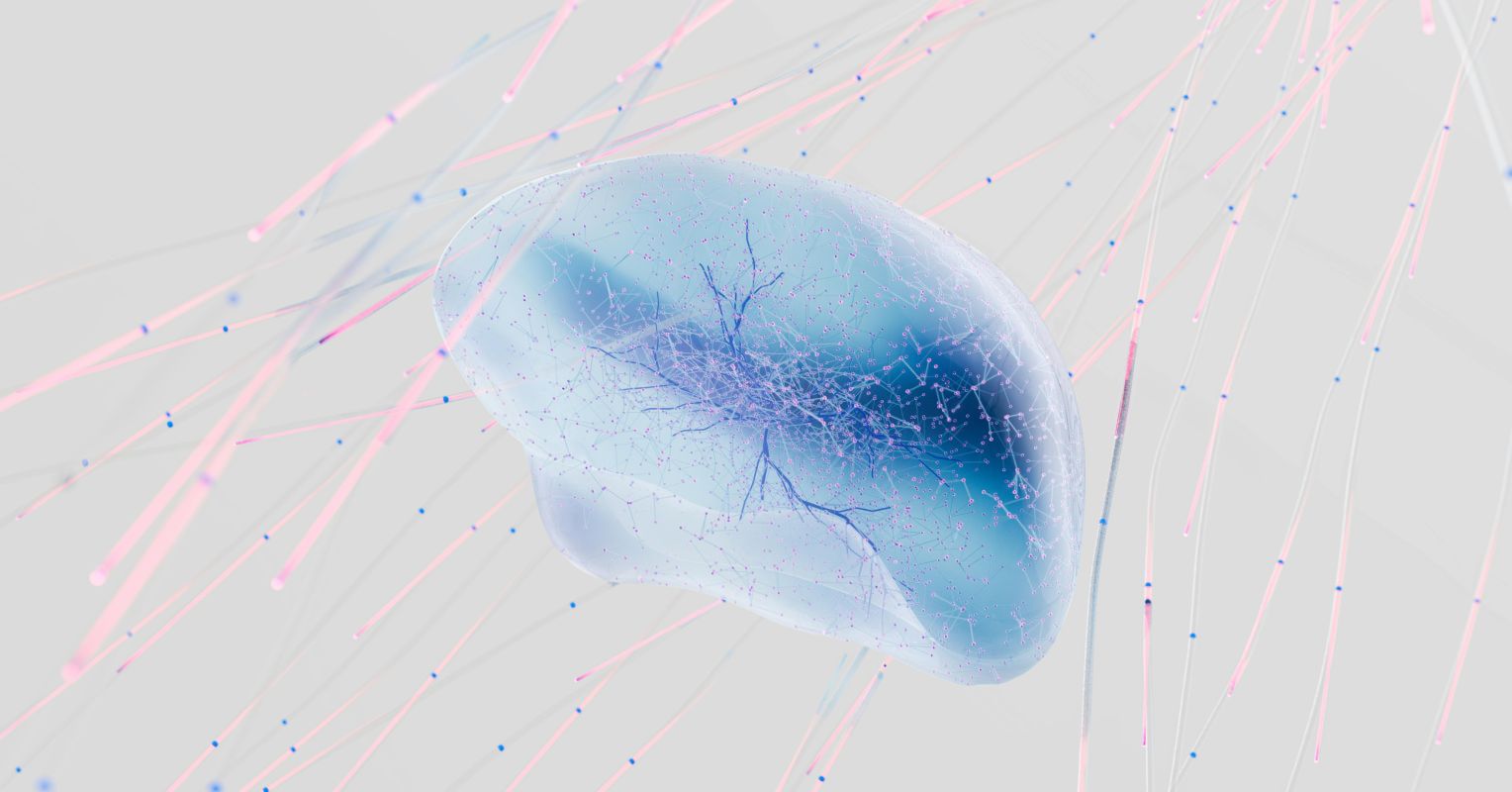
"Neuroscience reveals that political beliefs may be deeply rooted in brain differences, particularly with respect to the amygdala, which is linked to emotional reactions."
"The polarized political landscape may arise from both ingrained beliefs and how experiences shape the structure and function of our brains over time."
The article discusses the emotional challenges faced by individuals with family members holding opposing political views. It highlights the increasing polarization of political conversations and the role neuroscience plays in understanding these differences. Research indicates that conservatives may possess larger amygdalae, affecting emotional responses and political beliefs. The relationship between brain structure and political views is complex, suggesting that genetics, environment, and personal experiences both shape and are shaped by our political beliefs. Ultimately, the article emphasizes the need for tools to navigate familial conversations and maintain connections despite differing opinions.
Read at Psychology Today
Unable to calculate read time
Collection
[
|
...
]